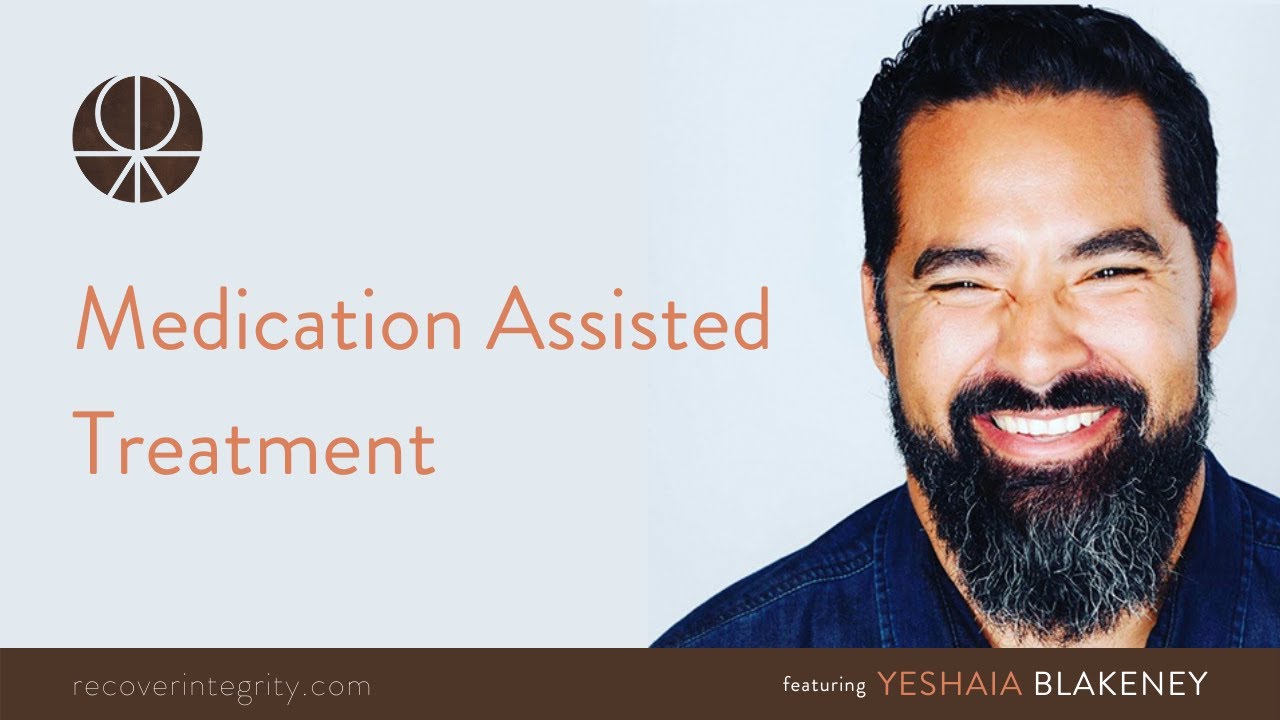The Role of People-Pleasing and Codependency in Addiction
The Role of People-Pleasing and Codependency in Addiction
When you’re working with people that are in early recovery, they suffer from the same kind of orientations and disorders that exist in the culture at large, just usually in a more extreme way.
Over accommodation or people-pleasing
So one of the things that come across a lot is what we call over accommodation or people-pleasing, and it means sort of overextending the boundaries of myself in a way that causes me a deficit for the sake of the other, you know, psychologically call that kind of co-dependence, it’s on that spectrum. And it’s a really big deal.
“A lot of people that you find coming into recovery have felt that they’ve been living for the world and they don’t really get theirs. And so there’s becomes using drug and alcohol.”
Straightening out what your boundaries are
You know, the metaphor for me is like, okay, I do everything I’m supposed to do. I mean, the world asks of me during the day and at night, I hide in the closet and drink vodka and smoke meth, you know, or whatever it is, that’s for me, the rest of its for the world because the world’s been demanding on me since I was born. You can think about that dynamic. And so one of the things that needs to happen in treatment is you have to straighten that out.
You have to help people become more assertive.
Assertive is a tricky word. I don’t mean asserting your will on others. But I mean, being clear about what your boundaries are, and being clear about how to draw those boundaries in a way that’s effective in your life. So if you’ve been people-pleasing for a long time, you have to get clear about how to assert boundaries. And you have to be clear about what your rights are and asserting those boundaries. So where people are confused, is they’re confused about where their rights stop and start in the interpersonal reactions. I’ll give interactions.
When I was working in treatment
I remember I walked into a lobby, and there was a woman who I liked quite a bit, who was working there. And she said, “Hey, I sent you a Facebook friend request. Did you get it?” And I said, “Yeah, I got it. I saw that friend request.” And she said, “Well, are you going to friend me?” And I said, “No, I’m not going to accept your friend request.” And she gives me this look like you know, she’s offended. And she says, “Why not?” And I said, “Well, I don’t, you know, I don’t want to.” And she said, “Well, my roommate, who you know, she sent you a Facebook friend request, and you accepted that friend request.” And I said, “Yes, I did.” And what did she say? She said, “Why didn’t you accept my Facebook request?”
And you should know this a teaching from my mentor. When somebody says “why” to you and interpersonal reaction. They don’t really mean it. They don’t want to understand it. It’s really a complaint. Right? And so you go, is that a question or a complaint that “why”. I need to clarify that. But in that circumstance, I said, “Can I ask you a question?” She said, “Yeah.” And I said, “Do I have the right to decide who my Facebook friends are?” She said, “Yes.” I said, “Okay, good. We’re clear.”
Let me ask you another question. “Were you ever married?” She said, “Yes”. I said “Did you have a wedding?” She said “Yes.” I said, “Did you invite some people to your wedding?” She said, “Yes.” I said, “Were there other people you didn’t invite?” “So the other people I didn’t invite?”. “And did you ever have somebody who didn’t invite to your wedding come up to you after the wedding?” And say, “Why didn’t you invite me to your wedding?” And she said, “In fact, I did.” And I said “What did that feel like?” She said, “It didn’t feel good.” I said, “Great. Now you understand this interaction. Right?”
And now I’m being a little bit you know, humorous or whatever. But it’s an example of how we get confused in our boundaries of what we’re obligated to do. Where do my obligations stop and start? If I’m in a relationship with somebody, and I don’t want to be with them anymore, which is usually why people break up out of relationships, right?
Usually people don’t want to be in a relationship because they don’t want to be with that person anymore.
The question that the party asks that is being broken up with is usually “why”, but they don’t mean it. Because nine times out of ten there’s only one answer, “Because I don’t want to be with you anymore.” Obviously, on the other end, that’s hard for you to understand because human beings are naturally kind of narcissistic. And so somebody breaks up with me and I love them and they don’t love me that I don’t understand. But I do understand because there are people who have loved me who I didn’t love in the same way.
Schedule a 30-min consultation with Yeshaia
Schedule Free ConsultationSchedule Free Consultation
